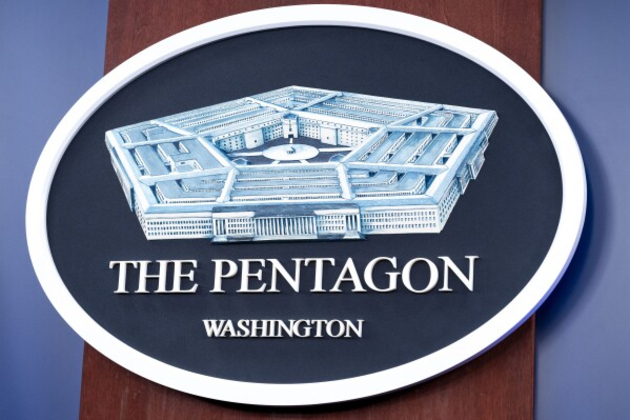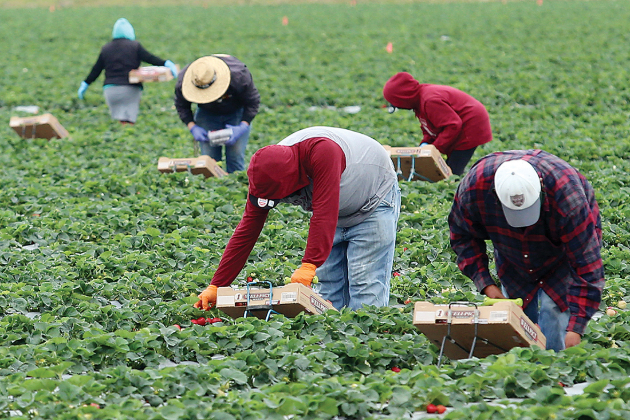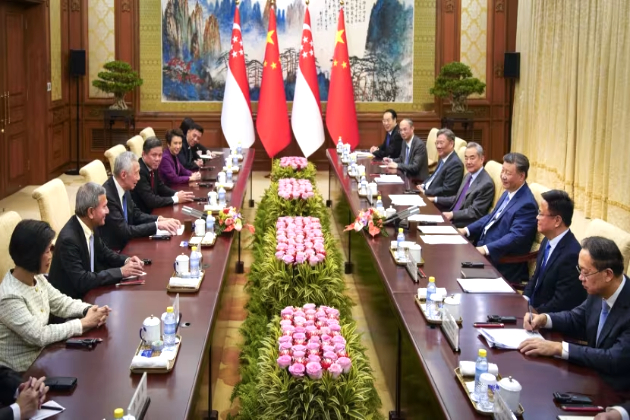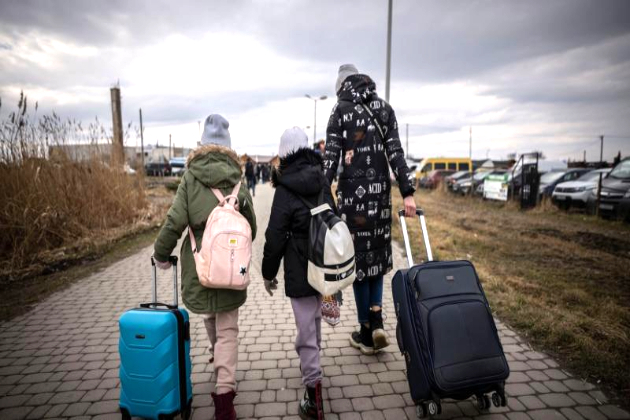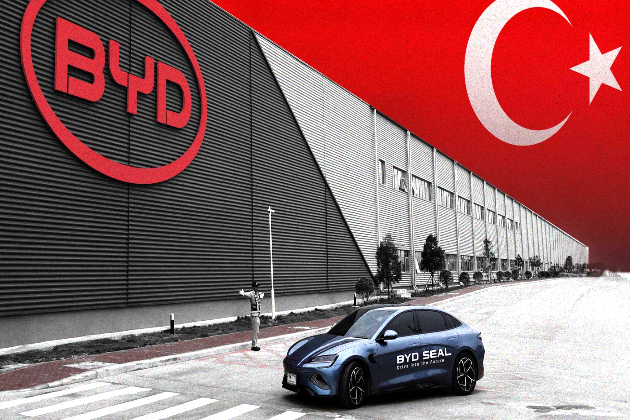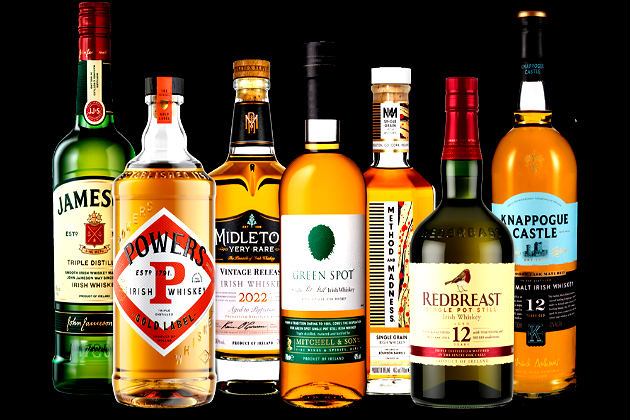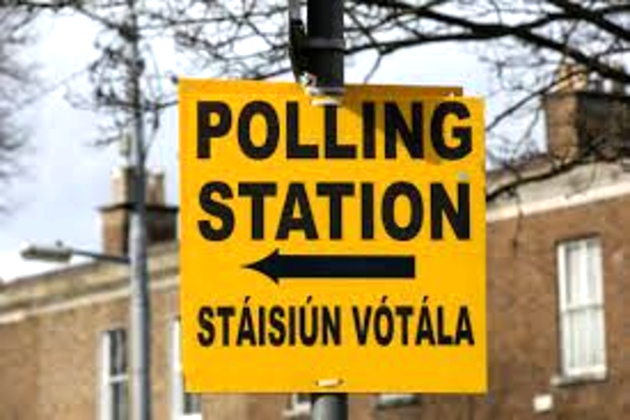This year's Nobel prize in economics awarded to team that examined what makes some countries rich and others poor
The Conversation
14 Oct 2024, 21:04 GMT+10

The 2024 Nobel Prize in Economics has been awarded to three US-based economists who examined the advantages of democracy and the rule of law, and why they are strong in some countries and not others.
Daron Acemoglu is a Turkish-American economist at the Massachusetts Institute of Technology, Simon Johnson is a British economist at the Massachusetts Institute of Technology and James Robinson is a British-American economist at the University of Chicago.
The citation awards the prize "for studies of how institutions are formed and affect prosperity", making it an award for research into politics and sociology as much as economics.
At a time when democracy appears to be losing support, the Nobel committee has rewarded work that demonstrates that, on average, democratic countries governed by the rule of law have wealthier citizens.
The committee says the richest 20% of the world's countries are now around 30 times richer than the poorest 20%. Moreover, the income gap is persistent; although the poorest countries have become richer, they are not catching up with the most prosperous.
Acemoglu, Johnson and Robinson have connected this difference to differences in institutions, and they find this derives from differences in the behaviour of European colonisers in different parts of the world centuries ago.
The denser the indigenous population, the greater the resistance that could be expected and the fewer European settlers moved there. On the other hand, the large indigenous population - once defeated - ofered lucrative opportunities for cheap labour.
This meant the institutions focused on benefiting a small elite at the expense of the wider population. There were no elections and limited political rights.
Read more:
In the places that were more sparsely populated and offered less resistance, more colonisers settled and established inclusive institutions that incentivised hard work and led to demands for political rights.
The committee says, paradoxically, this means the parts of the colonised world that were the most prosperous around 500 years ago are now relatively poor. Prosperity was greater in Mexico under the Aztecs than it was at the same time in the part of North America that is now called Canada and the United States.
More so than in previous years, this year's winners have written for the public as well as the profession. Acemoglu and Robinson are probably best known for their 2013 best-seller Why Nations Fail: The Origins of Power, Prosperity and Poverty.(It has pictures and no equations.)
Last year Acemoglu and Johnson published Power and Progress: Our Thousand-Year Struggle Over Technology and Prosperity.
In May this year Acemoglu wrote about artificial intelligence, putting forward the controversial position that its effects on productivity would be "nontrivial but modest", which is another way of saying "tiny". Its effect on wellbeing might be even smaller and it was unlikely to reduce inequality.
This year's award makes the cohort of Nobel winners a little less US-dominated.
Although all three are currently working at American universities, Acemoglu is from Turkey and the others are British. There is even an Australian link. Robinson taught economics at The University of Melbourne between 1992 and 1995.
Winning the prize is life-changing for more reasons than the 11 million Swedish kroner (about $A 1.5 million) the winners share. As Nobel winners, they will have a higher profile. Their opinions will be accorded more respect by most but not all.
Sixteen former winners recently issued a widely reported statement saying they were "deeply concerned about the risks of a second Trump administration for the US economy". Rather than address their arguments, the Trump campaign called them "worthless out-of-touch Nobel prize winners".
The new winners might get the same treatment. Johnson has critiqued Trump's proposal to raise tariffs. Acemoglu has called Trump "a threat to democracy".
 Share
Share
 Tweet
Tweet
 Share
Share
 Flip
Flip
 Email
Email
Watch latest videos
Subscribe and Follow
Get a daily dose of Irish Sun news through our daily email, its complimentary and keeps you fully up to date with world and business news as well.
News RELEASES
Publish news of your business, community or sports group, personnel appointments, major event and more by submitting a news release to Irish Sun.
More InformationInternational
SectionUS Defense Secretary Pete Hegseth Cancels $5.1B IT Contracts
WASHINGTON, D.C: U.S. Defense Secretary Pete Hegseth has canceled several technology service contracts worth US$5.1 billion. These...
Trump proposes legal path for undocumented farmworkers
WASHINGTON, D.C: U.S. President Donald Trump said this week that farmers might be allowed to ask the government to keep some farmworkers...
Xi Jinping shifts focus to Southeast Asia amid US tensions
BEIJING, China: As tensions with Washington deepen, Chinese President Xi Jinping is turning his focus to Southeast Asia, with a diplomatic...
LA County offers free lead tests near wildfire burn zones
PASADENA, California: Because many people are worried about dangerous chemicals in smoke, ash, and debris from recent wildfires, Los...
Trump lifts shower pressure limits to protect 'beautiful hair'
WASHINGTON, D.C.: President Donald Trump, who had often complained about weak water pressure in showers, has signed an order to remove...
Apple airlifts iPhones from India to dodge new US tariffs
NEW DELHI, India: Apple has ramped up shipments of iPhones from India to the United States, chartering aircraft to move hundreds of...
Europe
SectionIreland’s asylum applications drop over 40% in early 2025
DUBLIN, Ireland: New figures show that just over 3,000 applications were made between January and March this year — a drop of more...
China, EU talks could pave the way for price resolution
BERLIN, Germany: Talks between the EU and China could pave the way for a shift from tariffs to minimum price agreements on Chinese...
Xi Jinping shifts focus to Southeast Asia amid US tensions
BEIJING, China: As tensions with Washington deepen, Chinese President Xi Jinping is turning his focus to Southeast Asia, with a diplomatic...
Ireland Deputy PM: Trump tariffs will force us to look for new markets
DUBLIN, Ireland: Tanaiste Simon Harris has urged continued efforts to expand global markets for Irish goods, saying the temporary pause...
Ireland’s firms feel strain as US tariffs take hold
DUBLIN, Ireland: With tariffs from the United States beginning to bite, Irish businesses are already feeling the pressure, prompting...
Ireland faces growing calls for a vote on military neutrality
DUBLIN, Ireland: Debate over Ireland's military neutrality is intensifying as the government faces growing pressure to put the issue...

